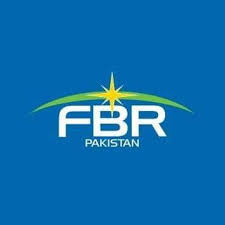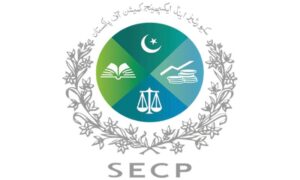FBR Encourages Innovation in Taxation: Seeks Proposals to Boost Revenue Collection
Karachi, February 24, 2024 – The Federal Board of Revenue (FBR) has initiated a drive to improve revenue collection and address under-taxed sectors by soliciting innovative ideas from Inland Revenue (IR) offices. In a recent notice, the FBR has requested proposals for the 2024-25 budget, focusing on Inland Taxes, including income tax, sales tax, federal excise, and Islamabad Capital Territory (ICT) sales tax on services.
The IR offices have been directed to concentrate on proposing amendments to key legislation, such as the Income Tax Ordinance, 2001; Sales Tax Act, 1990; Federal Excise Act, 2005; and ICT (Tax on Services) Ordinance, 2001. The aim is to broaden the tax base and maximize revenue from previously undertaxed sectors.
The FBR is seeking comprehensive proposals that cover various aspects of taxation, like combating tax avoidance, plugging leakages, broadening the tax base, fixing procedural issues, eliminating outdated provisions, and simplifying laws for taxpayers’ ease. The FBR emphasizes the need for practical, clear, and implementable suggestions, considering all stakeholders’ perspectives, including trade groups potentially impacted by these changes.
Proposals are to be submitted by March 11, 2024, giving IR offices time to assess the current tax system, identify gaps, and develop strategies to include untapped sectors in the tax net. This initiative is part of the government’s commitment to fiscal responsibility and sustainable economic growth, aiming to improve the country’s financial health by fostering a fair, transparent, and efficient tax system. As the FBR reviews the incoming proposals, the focus will be on creating a balanced set of amendments that enhance revenue while maintaining a fair taxation environment.



